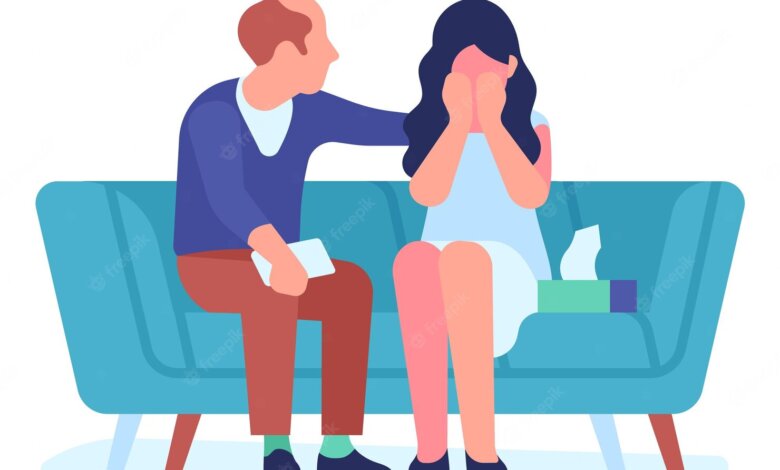What is a love/hate relationship?

What is a love/hate relationship?
If your relationship is full of ups and downs, and you feel like you hate your partner as much as you love them, you may be in a love-hate relationship.
People in love-hate relationships experience intense emotions and tend to oscillate between one end of the love-hate spectrum and the other.
Such a relationship can feel like a roller coaster, as it's both exciting and exhausting, with couples overcoming more negative aspects like aggression and dissatisfaction to gain benefits like passion and thrills. Have to.
This article explores the causes and effects of love-hate relationships, as well as strategies for navigating love-hate relationships.
Cause of love/hate relationship
Below, we outline the causes of love-hate relationships and explain how these relationships can affect your mental health.
have unstable relationships during childhood
People who experienced chaotic or unstable relationships in childhood tend to find solace in the instability of love-hate relationships. Because they may be familiar with and conceptualize conflict as a way to express love.
For these people, conflict is a way of gauging the other person's interest in them by persistently seeking a resolution. The intimacy experienced after a break in a relationship is resolved can feel closer than if there was no relationship at all.
As a result, a stable, even-keeled relationship may feel boring, and you may quickly become suspicious of what the other person thinks of you.
The problem with love-hate relationships is that we believe the pain and tension they cause is related to the intimacy of the relationship. These people are often unaware that this type of relationship is unusual and that there are other possibilities.
However, from past experience, this is the only option. They don't realize that there are people out there who care about their feelings, who take care to tell them what they like, and who communicate openly and effectively.
Furthermore, the positives in such a relationship, or what the couple is doing well, are magnified relative to the negatives, and many couples find themselves constantly oscillating between extremes, leading to failures in their relationships. I have a biased perception of what is happening and what is not.
These people must learn to let go of what they gain from conflict by looking at the long-term effects and sustainability of these patterns.
feeling unworthy of love
People in love-hate relationships can have vulnerabilities that make them feel worthless or unloved. Chaotic relationships may strengthen these beliefs they have about themselves and make them feel like they don't deserve more.
Therefore, these relationships reinforce their most negative or critical self-thoughts. It may also give them a false sense of being loved and make them believe that their relationship is more meaningful because of the struggles and conflicts they endured to do so.
In fact, just because a relationship lacks chronic, daily conflict doesn't mean it's worthless. In fact, the opposite is true: we need to believe in our relationships without having to prove every day that we are sacrificing ourselves for them.
Navigating Love and Hate Relationships
Here are some steps to help you get through the love-hate drama.
Be more aware of your emotions. Instead of passively accepting it, be more proactive and learn about the toxic chain of relationships. Begin labeling your feelings and reactions to your partner's behavior. Start factoring yourself into these patterns by writing down your feelings and emotions. Once you take the time to process your feelings, you'll start to see perspective and find new ways to solve problems that you hadn't thought of before.
Set boundaries. You can take an accurate inventory of what's going wrong with you and decide what action steps to take when it happens in the future. By setting limits on relationships, he regains his power, and in some ways he can't hold back anymore.
Extend a helping hand. People in these relationships tend to be isolated and lack social support from family and friends who can acknowledge their experiences and help them cope. Most likely, you don't have a clear perspective and your position in the relationship biases your approach to managing it.
Decide how you want to proceed. You don't necessarily have to end the relationship or break up, but you can control how you participate in it. As you recognize the role you play in the undesirable aspects of the relationship and begin to introduce small changes and variations in the way you respond to conflict, notice how either your partner's reactions change or not.
in conclusion
Love-hate relationships tend to have negative and positive extremes rather than a fixed rhythm. But if you don't know what a healthy relationship looks like or don't believe there's someone better out there for you, it can be hard to break this cycle.
If you're in a love-hate relationship, it's important to set boundaries, stick to them, and start seeking help from your partner or a mental health professional.





